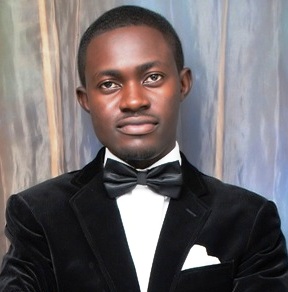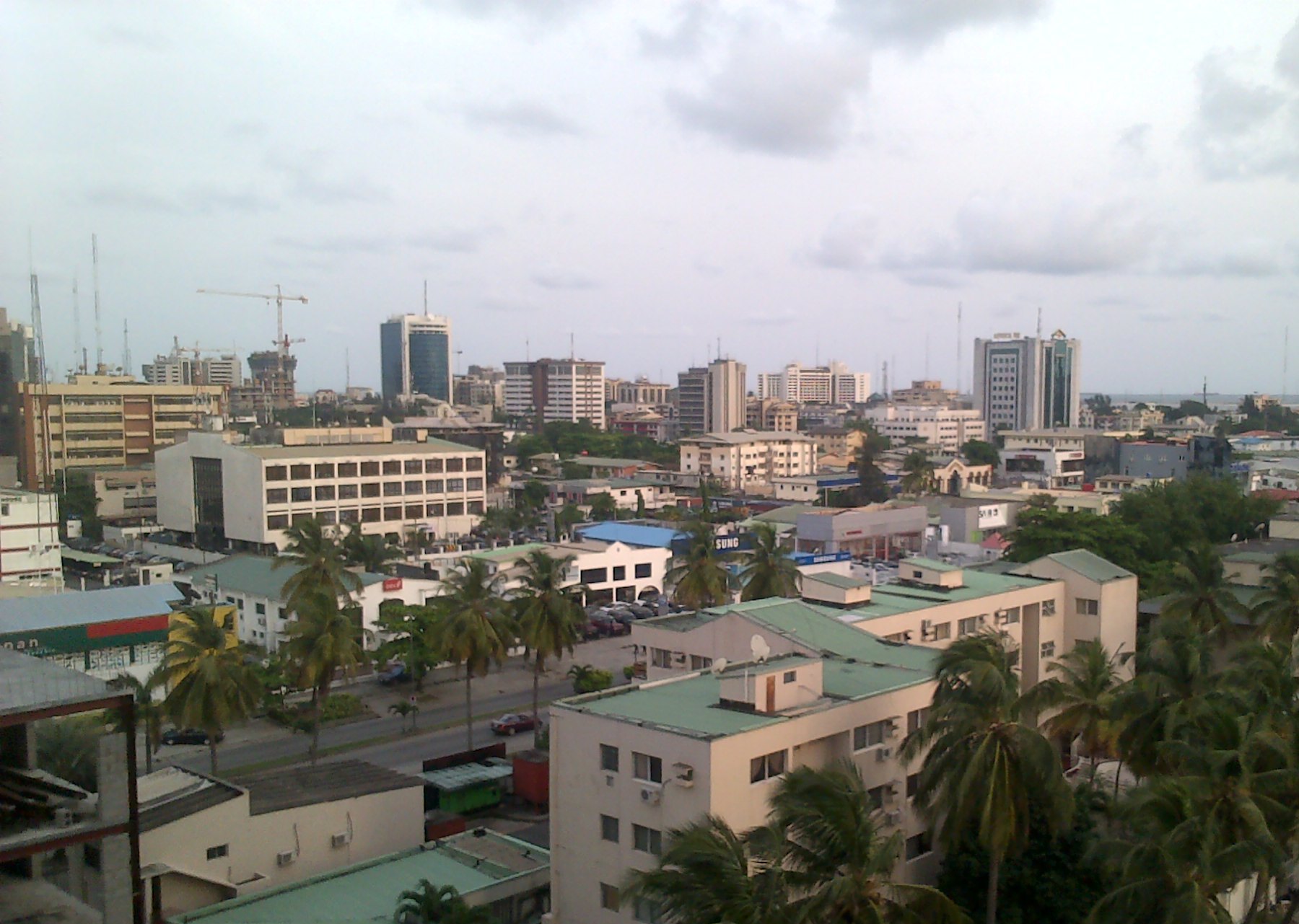To football aficionados, the above title is patently contradictory. How do you separate Pele from football or football from Pele? For a man that played top-flight for over twenty years and won everything winnable in his era, the idea of writing a paragraph about him without making a single reference to his incomparable feats on the football field might sound absurd, nonetheless this is an attempt to write about the greatest footballer of all time emphasizing his “off-football activities”.
I hope you find it informative as it is enjoyable.
He was born on 23rd October 1940 in a town called Tres Coracoes in Minas Gerais, a state in the South East of Brazil, but a mistake which still persists till date was made on his birth certificate which recorded his date of birth as 21st October 1940.The same error was also transferred on his international passport and each time he has renewed it the date has stayed the same. His father name was Joao Ramos do Nascimento nicknamed Dodinho while his mother’s name was Celeste.
He is a descendant of Africans brought over as slaves. Historians and journalists once embarked on an assignment to trace his genealogy and reached conclusion that his ancestors were either from Nigeria or Angola. His surname, Nascimento was the name of the owner of the plantation where the first of his ancestors to come to Brazil worked.
Shortly before he was born, electricity was brought to the town of his birth and in order to celebrate this great improvement to their lives, his father decided to name him Edson, a tribute to Thomas Edison, the inventor of the light bulb. His full name is Edson Arantes Do Nacimento.
In 1944, his father received an invitation from the football club in Bauru, a city and municipality in mid western region of the state of Sao Paulo. His family arrived Bauru on September 15 1944. The family had previously lived in nearby towns of Sao Lourenco and Lorena. In 1946, Bauru won the Sao Paulo ‘countryside championship’ of the best teams in the interior of the state. His father was the best player and scored loads of goals. He became well-known around town, but success was fleeting because of the recurrence of a knee injury he sustained in a football match while they were still living in the state of Minas Gerais in 1942. There wasn’t much medical attention in Bauru at the time and Pele would fetch him ice and then help out on his knee. His father was able to play less and less until eventually, after eight years; he quit the game of football. His father was a good player. He was a striker, a big guy-almost six foot-and was a great header of the ball. It was said that his father once headed five goals in the same match. It happened when he was too young remember. Later in his career, when he reached a thousand goals, some journalists started to research his claim to see if it was true or not. And it was-they reported that the only goal -scoring record that didn’t belong to him belonged to his own father.
During the periods when his father was sidelined from football through injury, the family struggled. He alongside his two (2) younger siblings, Zoca and Maria Lucia were always barefoot and wore only cast-off clothes. The house in which lived with his parents, siblings and uncle was overcrowded and leaky roof. With no regular source of income, Pele remembers that on several occasions the only meal his mother had for the children was bread with a slice of banana. They never went without food-like many people worse off in Brazil-but for his mother it was a life governed by fear, a fear of not being able to provide. One of the lessons he learnt from the privations of those days is that the fear of life is the fear of the worst kind.
At the age of seven (7) he ventured into shoe shining to ameliorate the living conditions at home.
At the age of eight (8) he was enrolled in Ernesto Monte Primary School in Bauru. The name of his first (1st) teacher was Dona Cida, a harsh disciplinarian who wouldn’t stand for any misbehavour. He was often punished by being made to kneel on a pile of dried beans, hard as little stones, according to him that helped to strengthen his knees for the work they had ahead. He was not a great student.
He had a passion for aero planes and dreamed of becoming a pilot. He would go down to the Aero Club to watch planes and gliders doing manoeuvres. He was desperate to be a pilot, and whenever he could he would scoot off, even skip school, to head down to the airfield and marvel at the planes being readied for take-off or coming in to land but his ambition fizzled out on a day a pilot crashed his glider and was urged by his friends to go look at the scene of the crash and is if that wasn’t enough, he went with his friends to the hospital where the autopsy was taking place, and saw the dead pilot laid out on the slab through a window. He was fascinated at first, that was probably the first time he saw a dead body but then the mortuary attendant or doctor tried to manipulate the corpse, which was still clothed, and in moving the pilot’s arm, which had stiffened, he had to yank it hard and this caused a gush of blood to spurt out on the floor. It was a terrifying sight for him and remained burned in his minds for days and nights afterwards. It gave him nightmares and he never went back to the Aero Club. As he grew up, he made friends with lots of the kids from the neighbourhood –black, white, and even some Japanese kids. All he wanted to do was play. He was a serious mango-eater and still loves them. One of the things he and friends loved was swimming, skipping school in order to enjoy the delights of the river but one day he nearly lost his life while swimming as his friend could only watch until a man came along and held out a stick to pull him out. His second year in Primary School was terrible and made worse by the fact that he was missing classes and made friends with boys who were badly behaved. He later lost interest in school. As a hyperactive boy during the day, sleep walking and talking was a regular feature of childhood life. Brazilians like to use nicknames.
Established in March 2013, JarusHub is a Nigerian information hub with focus on career and management. It is rated Nigeria's most authoritative destination for online career resources. It parades an array of Nigerian professionals who share their career experiences with a view to bridging career information gap and mentoring a generation to success. Whether you're a student, a recent graduate or an established professional, or even an executive, you will always find something to learn on JarusHub. All enquiries to jarushub@gmail.com or 0808 540 4500. Facebook: www.facebook.com/jarushub; Twitter: @jarushub or @mcjarus.
1 comment
Let us have your say by leaving a comment belowCancel reply
Recommended For You
-
COURSE BY COURSE ADMISSION REQUIREMENTS FOR NIGERIAN UNIVERSITIES
February 4, 2016 -
5 Reasons Businesses Should Take Cyber Security Seriously
October 19, 2016








Nice one